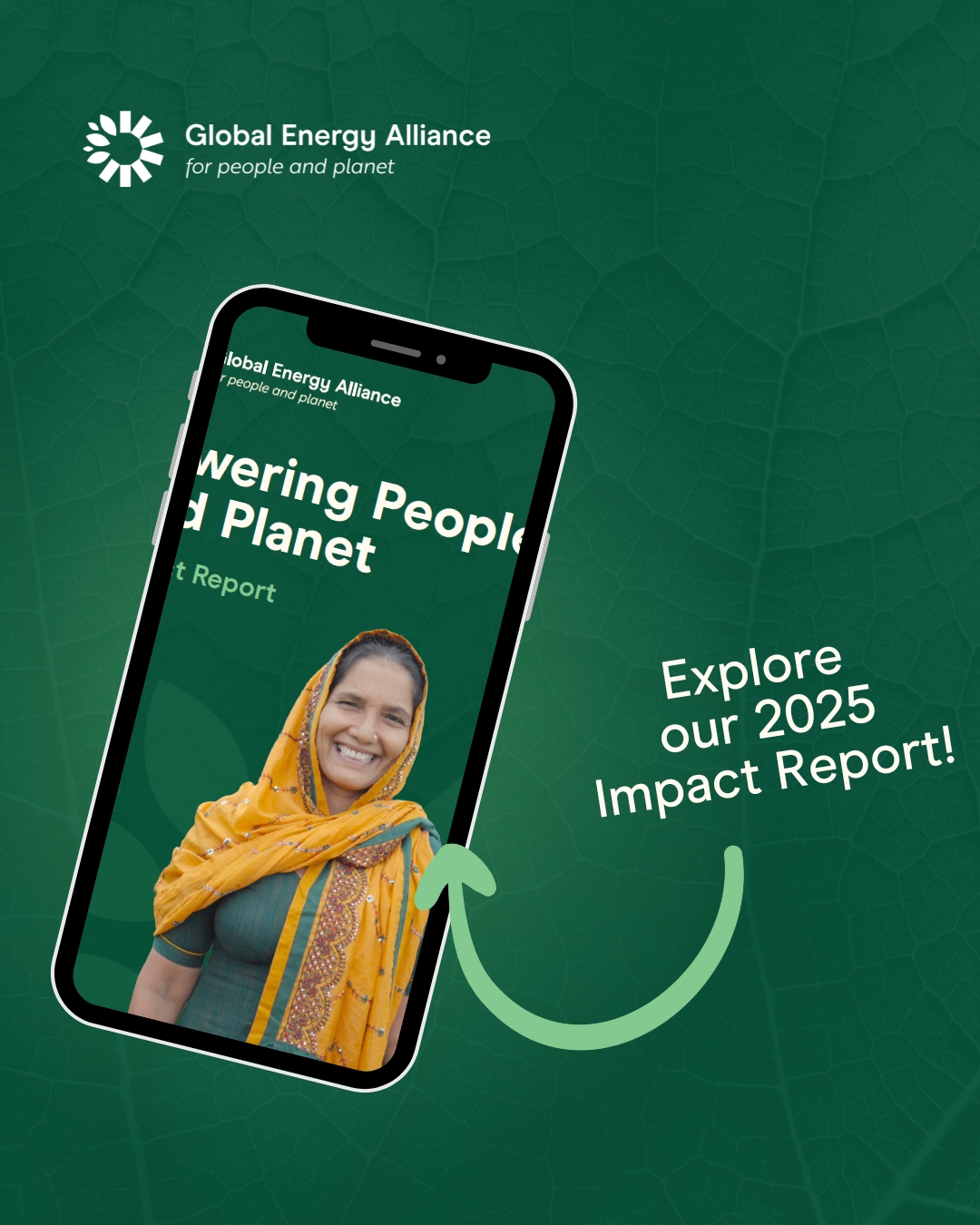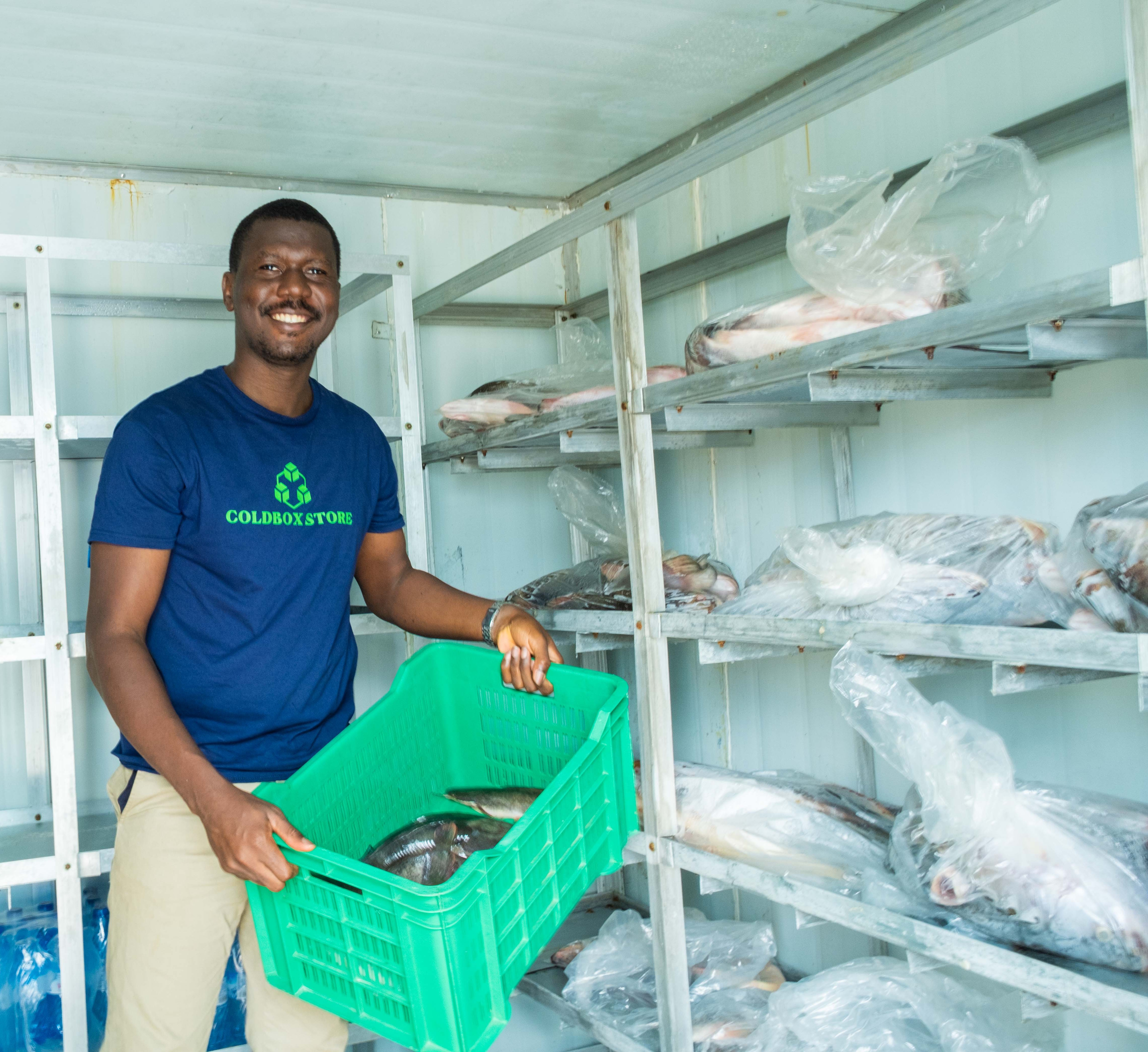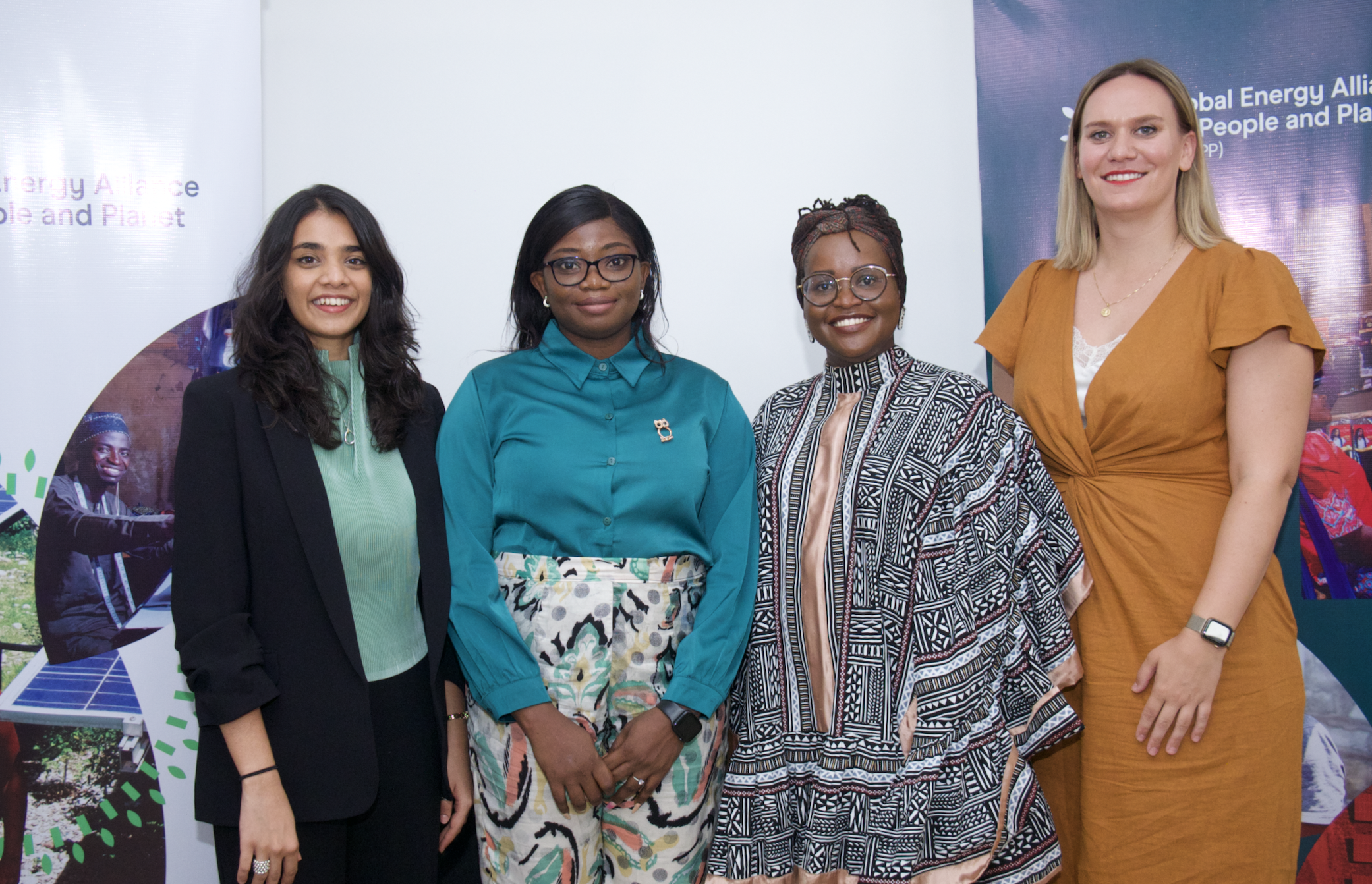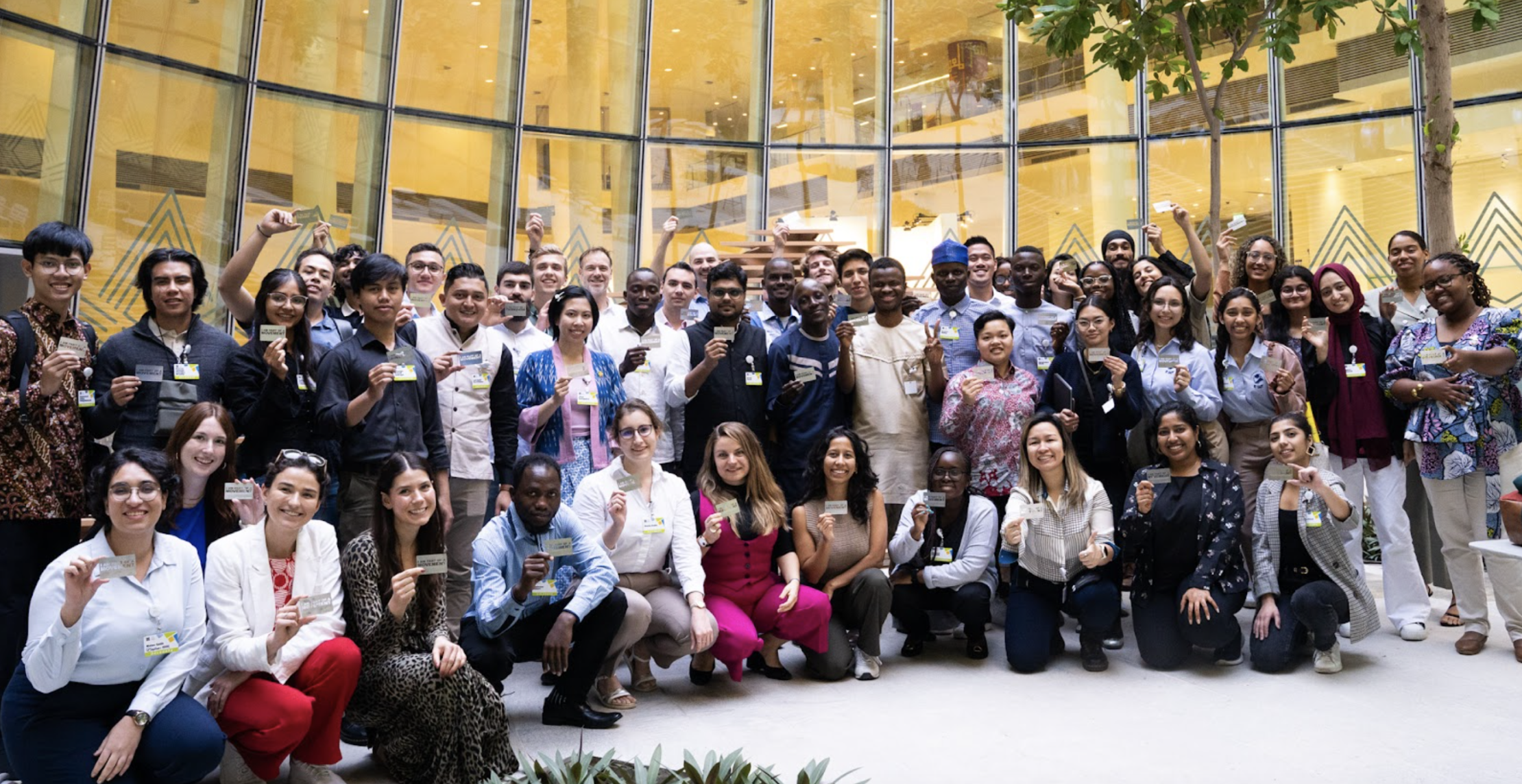
Energizing Women and Youth in Agri-Food Systems Program
Africa's agricultural sector employs 70% of the workforce, yet limited access to reliable electricity hampers productivity, innovation, and climate resilience, particularly for women.
A 2024 UN Women report highlights that while women make up 60% of the agricultural workforce, they face significant barriers to accessing energy and modern tools, despite their crucial role in feeding the continent.
Focus on Green Energy and Technology
EWAS seeks to improve access to green energy, promote the productive use of energy technologies, and provide training to help young women increase their incomes. By integrating these technologies into agriculture, the program aims to empower young women in rural areas.
Why Ethiopia and Nigeria?
Ethiopia and Nigeria were chosen due to their large rural populations—over 200 million combined—and the essential role agriculture plays in their economies. These countries present a unique opportunity to scale energy access programs amid rapidly growing populations.
Alignment with Broader Goals
EWAS aligns with the Mastercard Foundation’s Young Africa Works strategy, which strives to create 30 million jobs for young Africans, especially women, by 2030. The program also supports GEAPP’s mission to expand clean energy access to one billion people, reduce four gigatons of carbon emissions, and create 150 million new jobs.
A Transformative Approach
This initiative addresses one of Africa’s biggest challenges: using clean energy to drive agricultural growth, boost productivity, and build resilient food systems. EWAS showcases the potential for scalable solutions across the continent.
Key Program Objectives
-
Improve access to energy technologies: Lower costs for young women through the Productive Use Financing Facility (PUFF).
-
Support income growth: Help young women integrate productive use energy (PUE) technologies into their agricultural businesses.
-
Build local capacity: Strengthen PUE equipment and energy supply enterprises to serve young women in agriculture effectively.
Focus Areas
Building on successful programs like GEAPP’s Energizing Agriculture Program and the PUFF pilot, EWAS will focus on key sectors such as coffee processing, cold storage, milling, apiculture, poultry, horticulture, and agro-processing hubs.
Program Rollout
After a successful inception in 2024, the team will begin implementing the first wave of projects in 2025, working closely with partners and participants to drive impact on the ground.
Request for Proposals
The Global Energy Alliance for People and Planet invites qualified survey and research firms to submit proposals to conduct baseline data collection for the Energizing Women in Agri-food Systems (EWAS) program in selected regions of Ethiopia. This opportunity seeks a partner with the capacity to deploy trained field enumerators, collect high-quality quantitative data using digital tools, and deliver clean, complete datasets to support a three-year initiative aimed at enabling 17,000 jobs — particularly for young women — across key agricultural value chains.
Questions and submissions should be sent to Tabitha Olang at tabby.olang@energyalliance.org, with proposals due by February 9, 2026.
EWAS Partnership
The Mastercard Foundation and the Global Energy Alliance for People and Planet (GEAPP) have teamed up to enhance their impact by working together in new ways.
Their joint initiative, Energizing Women and Youth in Agri-Food Systems (EWAS), is a three-year program focused on creating 17,000 jobs, particularly for young women in Ethiopia and Nigeria’s agri-food systems.




